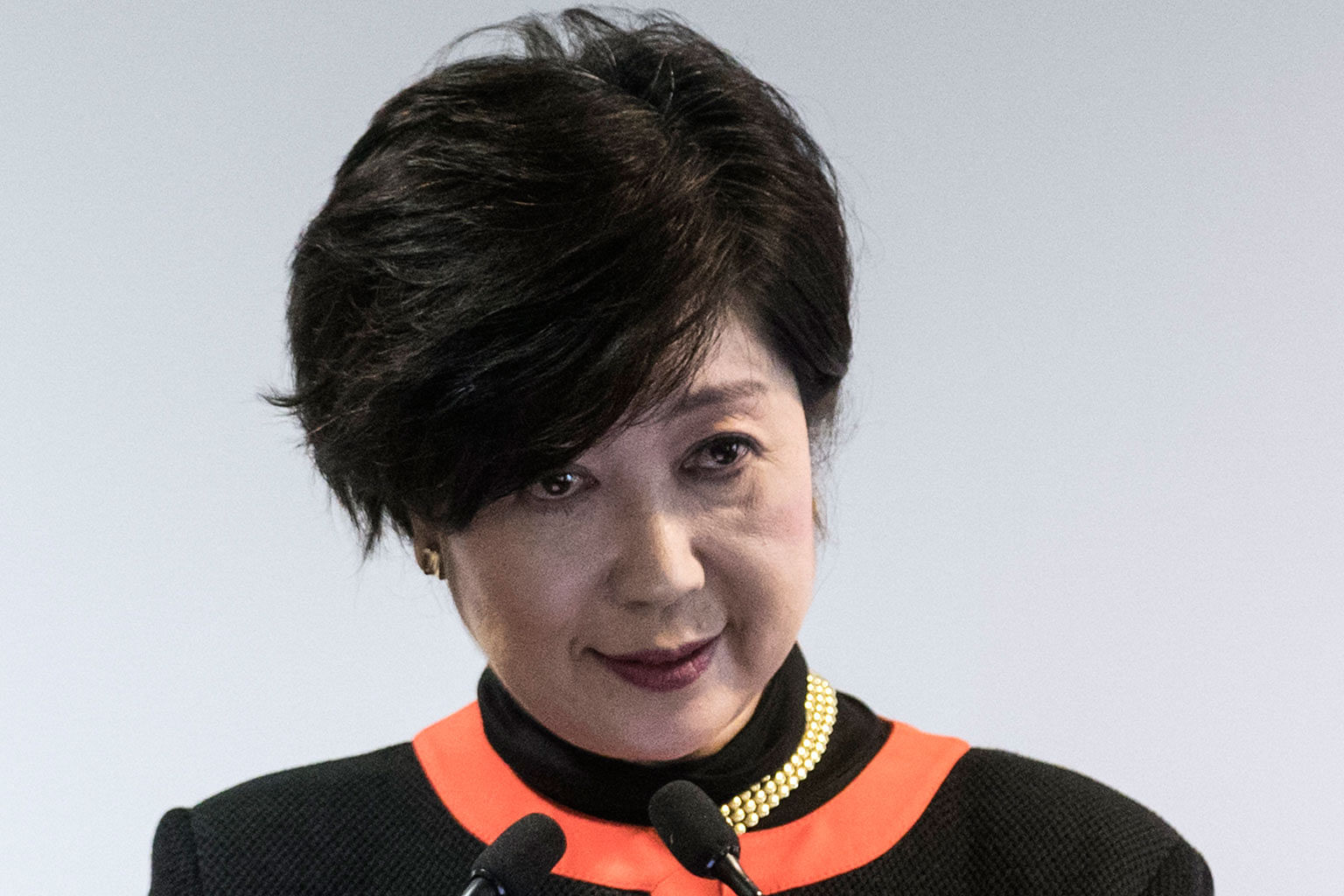A Tokyo constituency that is home to Governor Yuriko Koike, who was once its representative in Parliament, serves as a microcosm of her new party's failed election campaign.
Ms Koike has apologised for her role in what was a chastising defeat for Kibo no To (Party of Hope), but also stressed she will not step down as party chief to take responsibility.
Kibo no To, which fielded 235 candidates, won just 50 seats despite the fanfare it made when Ms Koike formed the party last month.
Instead of becoming the biggest opposition force in Parliament, it saw that honour go to the newer Constitutional Democratic Party of Japan (CDP), which fielded 78 candidates and won 55 seats.
Ms Koike, who has portrayed herself as a Joan of Arc taking on the grey elite of Japan's political establishment, was once a member of the ruling Liberal Democratic Party (LDP). Since July last year, she has beaten the LDP in two Tokyo elections.
Yet Kibo no To did miserably in Japan's sprawling capital that has been, until now, Ms Koike's stronghold. Just one candidate won his seat, while three others will enter Parliament via the proportional representation "party list" system.

Contrast this with the CDP's performance in Tokyo: Four candidates directly won their seats and another four, via the "party list".
Nowhere was Kibo no To's defeat more humiliating than in Tokyo 10th district, Ms Koike's former ward. The seat was held by her close aide Masaru Wakasa, who was elected in a by-election after Ms Koike vacated it last year.
The expected tough fight led the LDP to send its bigwigs, including Prime Minister Shinzo Abe, Defence Minister Itsunori Onodera and political scion Shinjiro Koizumi, to campaign on behalf of candidate Hayato Suzuki.
In the end, the result of the six-way fight was not even close.
Mr Wakasa was booted down to third place after Mr Suzuki, with 37.4 per cent of the vote, and the CDP's Yosuke Suzuki, with 28.8 per cent. Mr Wakasa, with 23.7 per cent, lost his Diet seat.
The most prominent LDP member to jump ship to Kibo no To - former vice-minister Mineyuki Fukuda - also failed to be re-elected, garnering only 18.6 per cent of the vote.
The abject defeats stand in stark contrast to the launch of Kibo no To four weeks ago in a major political realignment of the opposition scene.
Caught blindslided, LDP officials quietly quavered with concern while Mr Abe reportedly told an aide in exasperation: "What should I do now?"
While Kibo was expected to take on board candidates from the splintered Democratic Party, Ms Koike's comment that she would "purge" left-leaning candidates who cannot uphold her party's conservative ideology became the defining moment of her campaign. Those candidates either ran as independents or joined the CDP.
Ms Koike, now in Paris to attend a mayoral conference on climate change, cut a contrite figure on Sunday, apologising for her strong words but standing by the decision that a political party must comprise ideologically consistent members.
But analysts wonder if her failed power grab attempt spells the end of her prime ministerial ambition.
University of Tokyo political watcher Yu Uchiyama said: "I think she deserves the blame. Her inappropriate and inconsistent remarks have damaged her credibility and, thus, the future of her party."
Dr Sota Kato, executive director of the Tokyo Foundation think-tank, said: "She needs to first regain her credibility among Tokyo residents by producing results. Only then will she have a slight chance at the national level."


